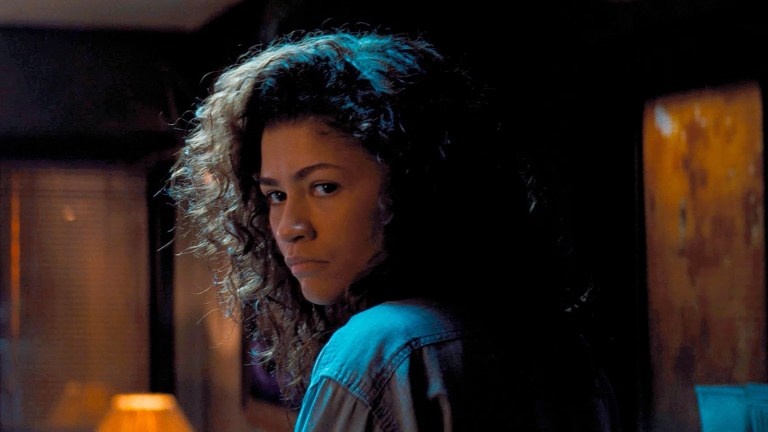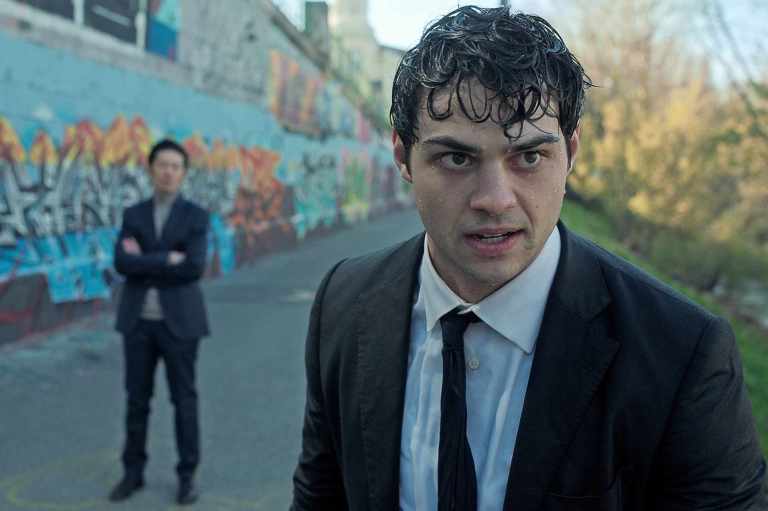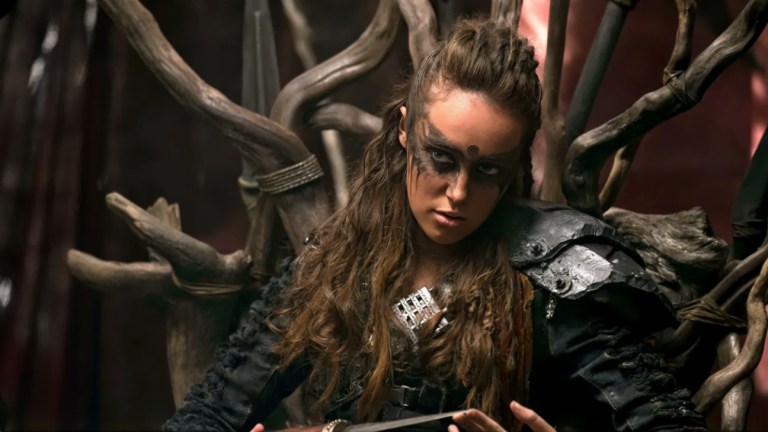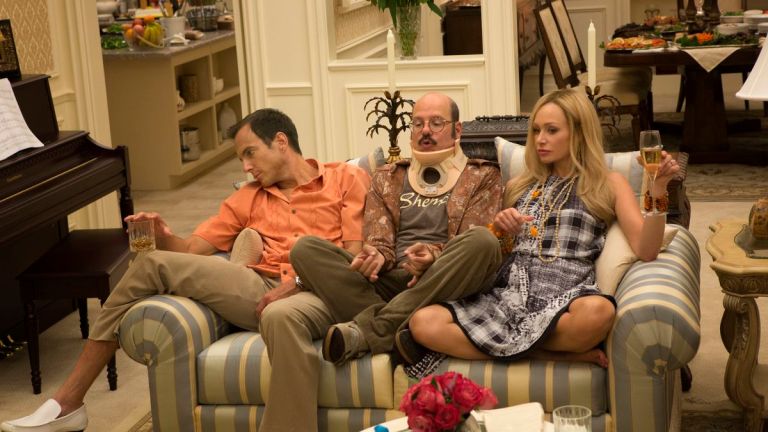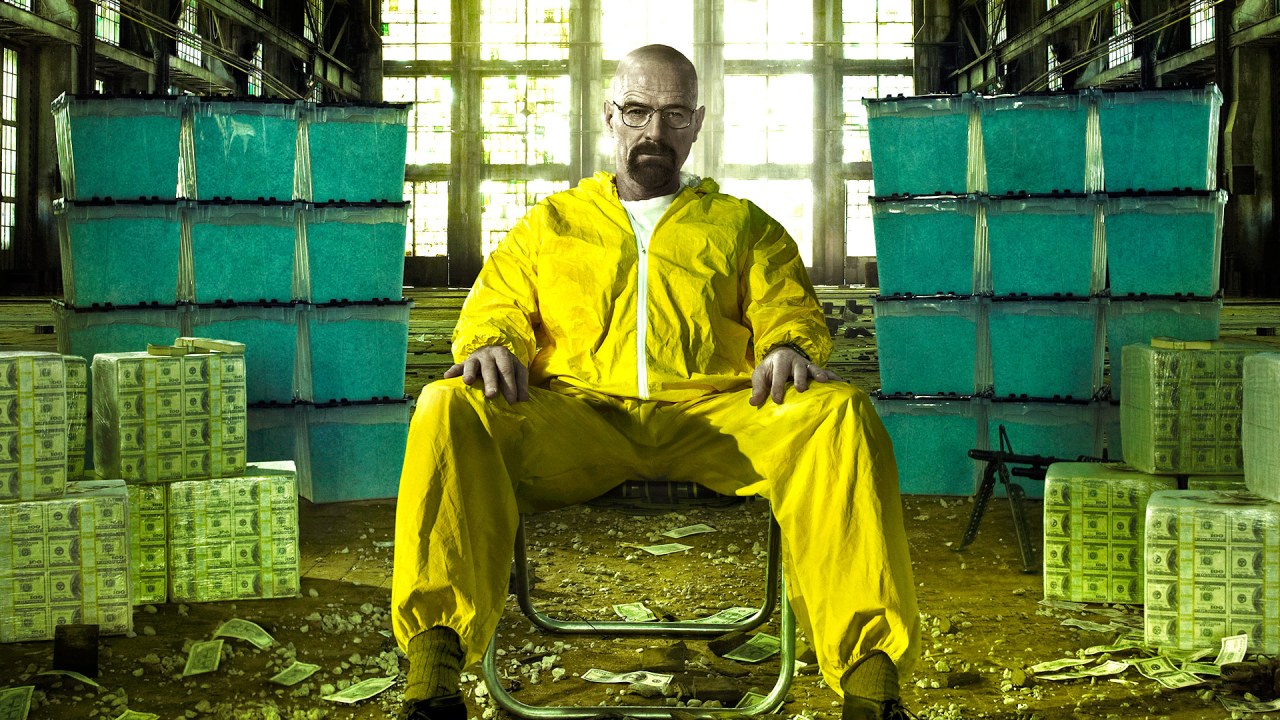
10 Reasons We’re Obsessed With The TV Anti-Hero
These flawed characters tap into something fundamental about human psychology. Here are 10 reasons we can't stop rooting for them.
By ![]() Mishal Zafar
Mishal Zafar
The age of the squeaky-clean hero is over — today’s most compelling television characters are morally ambiguous anti-heroes who blur the line between protagonist and villain.
Walter White cooking meth in his underwear. Homelander’s dead-eyed smile before he lasers someone in half. Wednesday Addams torturing her roommate with a severed hand.These aren’t your typical heroes, yet millions of us can’t look away. Television has shifted hard toward morally bankrupt protagonists, and frankly, we’re eating it up. Shows like The Boys, The Last of Us, and Ginny & Georgia prove that audiences would rather watch a complicated bastard than a squeaky-clean do-gooder any day of the week. But why? What’s wrong with us that we’re rooting for people who’d probably make terrible dinner guests?
1. They Mirror Our Own Moral Complexity
Nobody wakes up every morning thinking, “How can I save the world today?” Most of us are just trying to get through Tuesday without screwing up too badly. Joel from The Last of Us isn’t some noble warrior — he’s a broken man who’s made peace with the fact that he has to do horrible things to survive. This feels different because it’s raw and honest. We’ve all got that voice in our head that whispers about taking shortcuts or getting revenge on someone who wronged us. Anti-heroes just actually listen to that voice sometimes.
2. They Provide Cathartic Release
Ever wanted to tell your boss exactly what you think of their stupid policies? Wednesday Addams would — and she’d probably set their office on fire afterward. There’s something deeply satisfying about watching someone completely ignore social conventions and get away with it. When Homelander finally snaps at a press conference, part of us is thinking, “Yeah, corporate PR speak is pretty awful.” We live in a world of HR departments and passive-aggressive emails, so watching someone burn it all down feels like a vacation.
3. They Challenge Authority and Social Norms
Traditional heroes accept the rules of their world without much questioning. Anti-heroes look at those same rules and say, “This is garbage.” In The Boys, superheroes are corporate puppets, which feels pretty accurate given how everything is commercialized these days. When Ginny calls out the hypocrisy in her small town, she’s voicing what many of us think, but are too polite to say. These characters become our proxies for skepticism.
4. They’re More Psychologically Realistic
Perfect heroes are exhausting to watch because they make the rest of us feel inadequate. Anti-heroes screw up constantly, make bad decisions, and somehow still manage to occasionally do something right. That’s way more relatable than someone who never has a bad day or makes a poor choice. When these characters fail, we don’t feel sorry for them — we feel seen.
5. They Evolve and Transform
Most heroes start good and stay good, which gets boring fast. Anti-heroes can go anywhere. They might get worse, they might get better, or they might just get weirder. The unpredictability keeps things interesting because you genuinely don’t know if they’ll choose the right thing or burn everything down. That uncertainty makes every decision feel like it matters.
6. They Make Us Question Our Own Values
When Joel lies to Ellie about the cure, there’s no clear right answer. Save humanity or protect the kid you love? Traditional heroes would find some miraculous third option, but anti-heroes force us to sit with uncomfortable questions. These moral puzzles stick with you long after the credits roll because they don’t have easy answers.
7. They’re Confident Enough to Laugh at Themselves
Dark humor is a huge part of what makes anti-heroes work. Wednesday’s deadpan delivery, Homelander’s unhinged corporate speak, or Joel’s grumpy dad energy — these characters are often hilarious in ways that traditional heroes can’t be. They can make jokes at inappropriate times, be sarcastic during serious moments, or find humor in dark situations. It’s easier to laugh at someone’s terrible decisions when they’re self-aware enough to make fun of themselves, too.
8. They’re More Vulnerable and Human
Superman’s biggest weakness is a green rock from space. Most anti-heroes are vulnerable to basic human problems like loneliness, trauma, and their own bad judgment. Wednesday Addams acts tough, but she’s actually just a lonely teenager trying to figure out where she belongs. That vulnerability makes them feel real in a way that traditional heroes often don’t.
9. They Offer Redemption Narratives
There’s something hopeful about watching someone who’s made terrible choices try to do better. Even when they fail spectacularly, the attempt matters. We all want to believe that people can change and that past mistakes don’t define us forever. Anti-heroes embody that possibility of redemption, even when they don’t deserve it.
10. They Break Storytelling Conventions
Traditional heroes follow a playbook. They’ll sacrifice themselves for others, they’ll choose the moral high ground, and they’ll probably give an inspiring speech at some point. Anti-heroes throw the playbook out the window. They might save the day, or they might make everything worse, or they might just walk away entirely. That unpredictability creates genuine tension because anything could happen.
